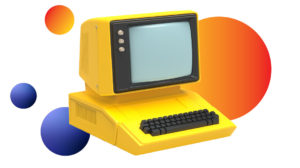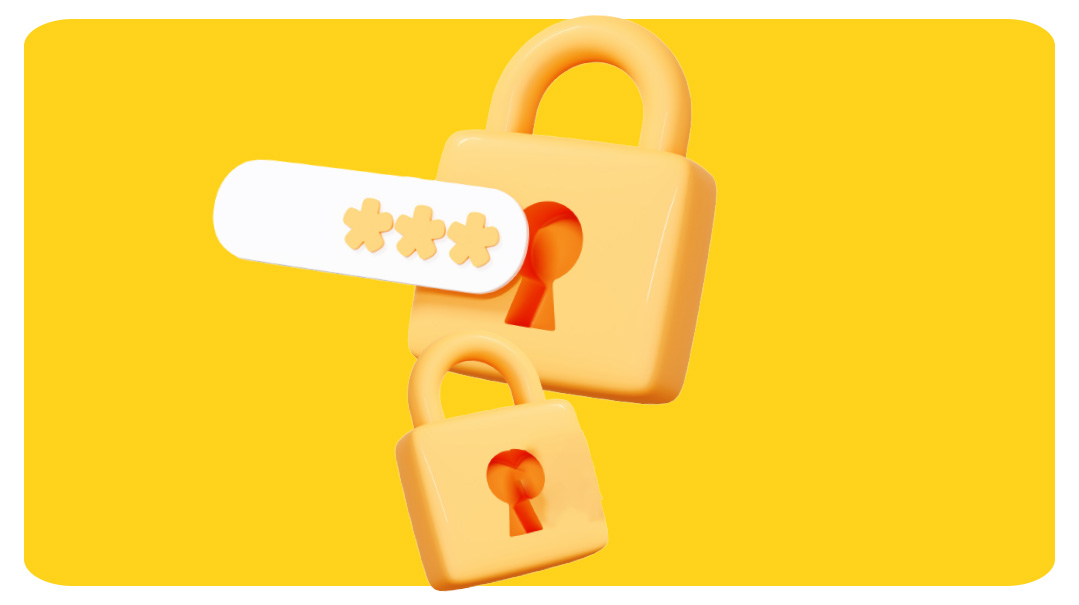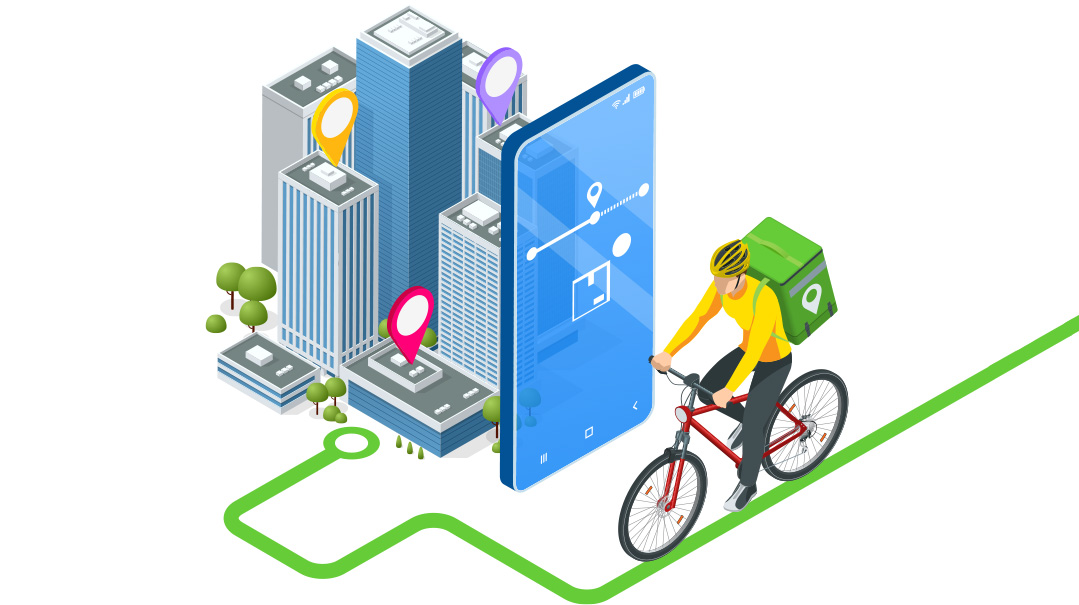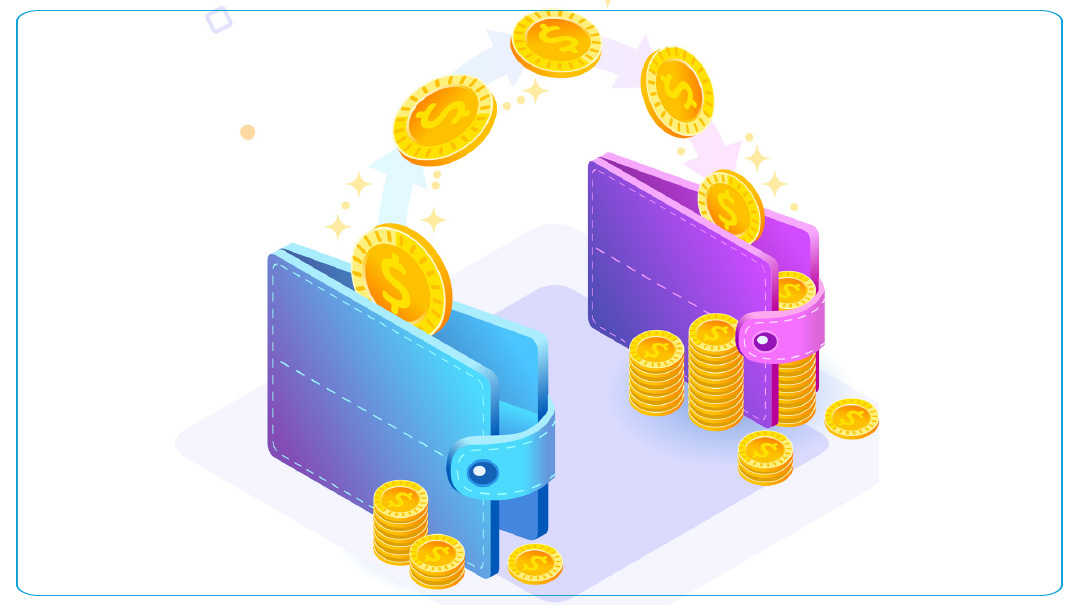Message Received

No more hoping your coworker sees the fact that proves you right; you know they’ll see it

Message Received
If you’re the type of person who’s always sending people articles because there’s something you really want the other person to read, this Chrome hack is for you.
Often when you send an article, people open it, see it’s too long, and push it off till later. And we all know what that means… Or they read it and then ask you, “What about it?” leaving you gritting your teeth in frustration.
With Chrome’s new hack, you can highlight a portion of the article, so when the recipient opens the link, it’ll open straight to the part you highlighted and they know exactly what you want to share.
Just highlight the text, right-click, select “copy link to highlight,” and then paste the link into the email or text you want to send. No more hoping your coworker sees the fact that proves you right, you know they’ll see it. Ah, the joy of having the last word.
AI Ghostwriter
If you write a lot of emails, AI is coming to the rescue. Flowrite is an AI software that’ll write your emails for you. All you have to do is write the bullet points of what needs to be conveyed in the email, and Flowrite will generate text with all the niceties and grace that you’d put in if you had the time. It’s still in beta, and is only available in English, but definitely worth checking out.
Calculation Education
Most people know of the word blockchain in connection to cryptocurrency. They know cryptocurrency uses blockchain technology, and that’s what makes it so safe. But what does it actually mean?
In its simplest meaning, blockchain is a way to record data and keep records. What makes it unique is that it is a) completely digital b) it can’t be edited. Once a block in the chain is complete (with data) it’s added to the chain of previous blocks (hence, blockchain), and the block is sealed forever. There is no way to change the information, only to add on another block. Blockchains allow cryptocurrency owners to easily trace the trail of all the Bitcoin, Dogecoin, or Ethereum they have.
Tackling the Supply Chain Crisis
The semiconductor shortage affecting the global supply chain has made it nearly impossible to buy a car this year, as well as the cheap laptops and other electronic devices that are usually heavily discounted this time of year. Samsung is trying to help. Now let’s see how fast they can make it happen.
The technology giant has plans to build a semiconductor plant in Taylor, Texas. Estimated to cost $17 billion, this plant, along with another one that Intel broke ground on two years ago, is part of the United States’ effort to reduce dependency (to some degree) on the global supply chain.
In Memoriam
Jay Last, one of the founders of Silicon Valley, passed away at the age of 92. After leaving Shockley Semiconductor Laboratory in Palo Alto, California, with seven other colleagues due to Dr. Shockley’s mistreatment (thereby earning the moniker “the traitorous eight”), Last and his colleagues founded Fairchild Semiconductor in Silicon Valley, where they developed silicon chips. The core of their technology is still used today to power the world’s most sophisticated computers.
Focus on 2022
Promising Predictions
Automation Automations make your life easier and more foolproof, with less money and energy. Automation software is becoming increasingly sophisticated and there are new ones coming out all the time. Sit tight, automated, stress-free days are coming.
Low-code/ no-code
Once upon a time if you wanted to be cool, you had to hire a developer, coder, or engineer. Let’s just say it cost a lot to be cool. Whether it was features on your websites, easier checkout, or customer service solutions, you had to pay a lot to get anything. With low-code or no-code solutions becoming more popular and available, often in the drag-and-drop style, even Luddites can have sophisticated technology that’ll wow their customers and make everyone’s life easier.
Teleworking — Bosses and managers, I know you don’t want to hear it, but teleworking is here to stay and likely to increase (employees, especially you introverts, I know you’re cheering). The trend is coming along with more technology to support employees and enable managers to have better oversight. Maybe soon we’ll all be working on the beach and wishing for a quiet office.
Bound to Bust?
NFTs — I know, people are making a killing on NFTs. That’s why they’ll be sticking around and getting bigger. But really? Really. Some people say art is the emperor with no clothes. With NFTs, there isn’t even an emperor to pretend the object has value. It’s all digital, and everyone else can use the same image in their blogs and profile pics. Why are people investing in this again?
Deep Fakes — They’re cool, but too easily used for nefarious purposes, and that makes them very dangerous. For those who don’t know, deep fakes are videos using AI to make it seem like someone said or did something they never did. Deep fake technology has been around for a while, but previously it took dozens of hours for the algorithm and deep learning mechanism to learn a person’s idiosyncrasies and speech patterns. With recent technological advances, what used to take a long, long time, can take just an hour or two. As a result, deep fakes are more common. While most astute people can notice that something is off, the technology is growing increasingly sophisticated. Don’t be too surprised if in the future the only things you can believe are things you witness yourself.
Wait, I think that might already be the case.
(Originally featured in Mishpacha, Issue 891)
Oops! We could not locate your form.












